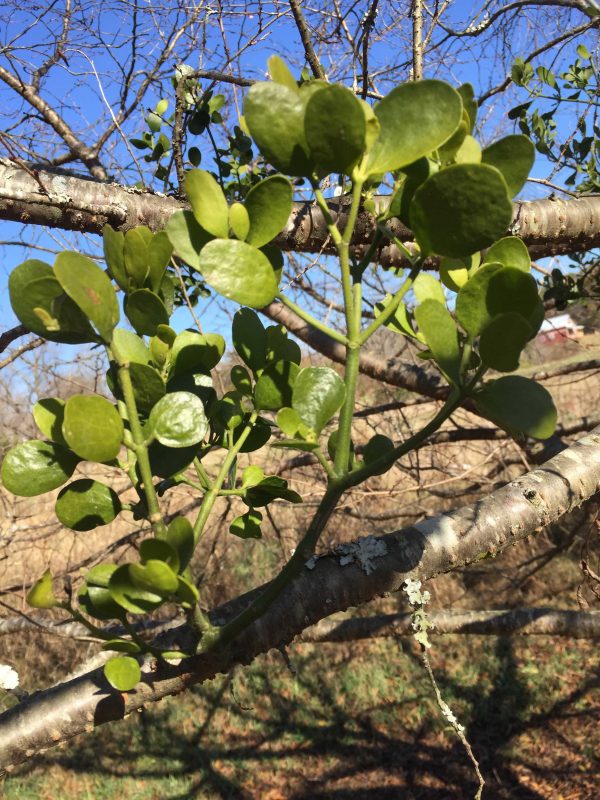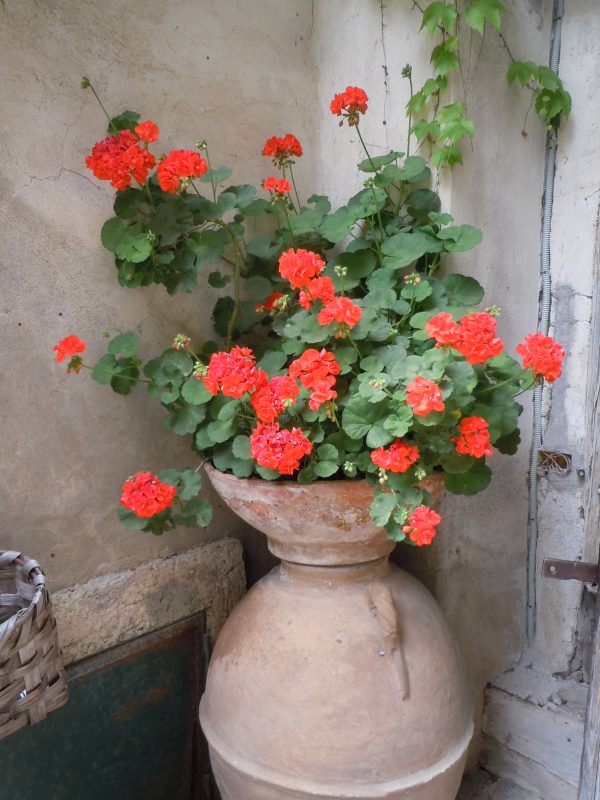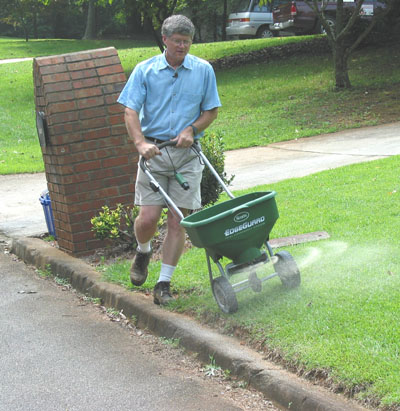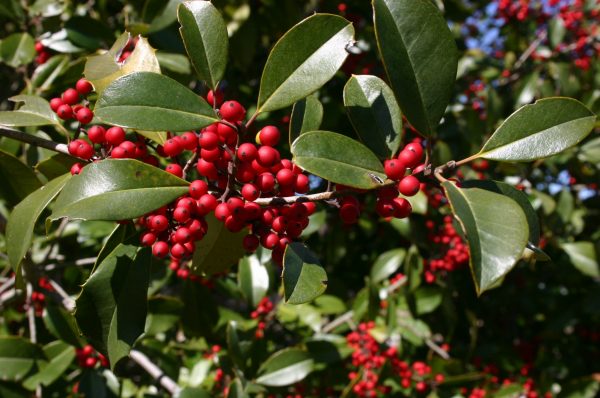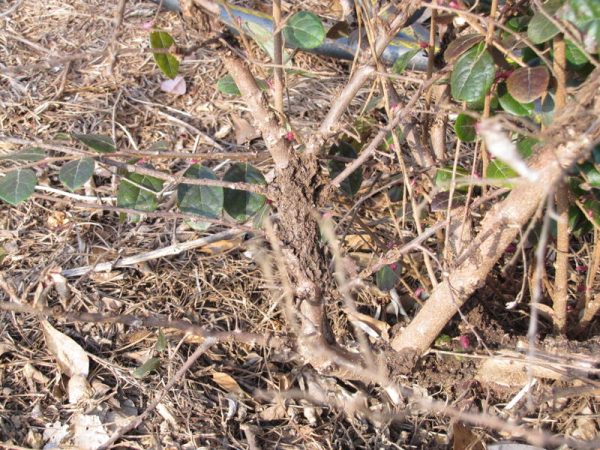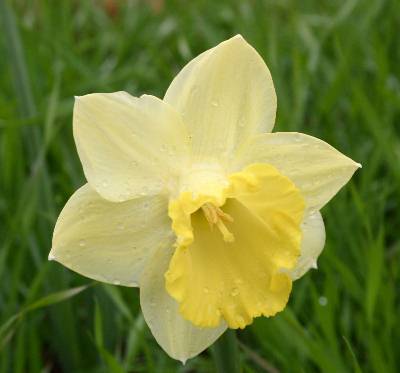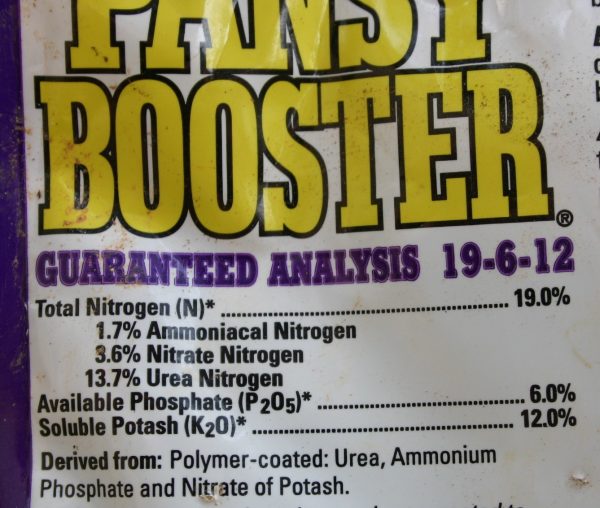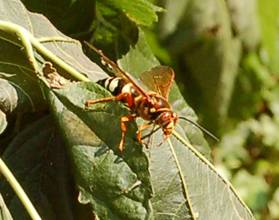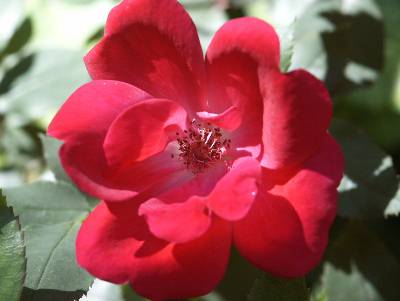Growing Vegetables Indoors
Q: My family is trying to eat as many home grown fruits and vegetables as we can. I am arranging my complete basement to be able to garden year round. Do you see any problems with this?
A: My guess is that your basement setup will include fluorescent lighting. You must always remember that LIGHT equals FOOD, both for the plant and for you. Even if you have windows and sliding glass doors, you’ll need a lots of light fixtures to provide the energy that food-producing plants need.
Plants like tomatoes, squash and dwarf citrus require approximately 1000 foot candles of light per square foot of growing surface. A two-tube 80 watt shop light provides close to this amount when the tubes are hung a few inches above the foliage of your plants. If they are any higher, light intensity drops tremendously. When the tubes are twelve inches above the leaves, your plants will get less than 500 foot candles. This means you’ll need to cover most of your floor space with fluorescent fixtures.
“Cool white” tubes provide vital blue light but not much red light. They must be supplemented with incandescent bulbs. Add together the watts of the fluorescent tubes you’ll use; divide in half and add that wattage amount in incandescent bulbs. This brings problems with heat control and energy cost.
My advice? Try growing leafy vegetables like lettuce, radishes and spinach in your basement. You’ll have enough success to be proud…but you won’t waste lots of money trying to garden in your basement year-round.
References
Can I Grow Peppers Under Lights?
Fluorescent Light Quality for Plants
Light (Illuminance) Conversion Calculator
80 watts equals approximately 5000 lumens



